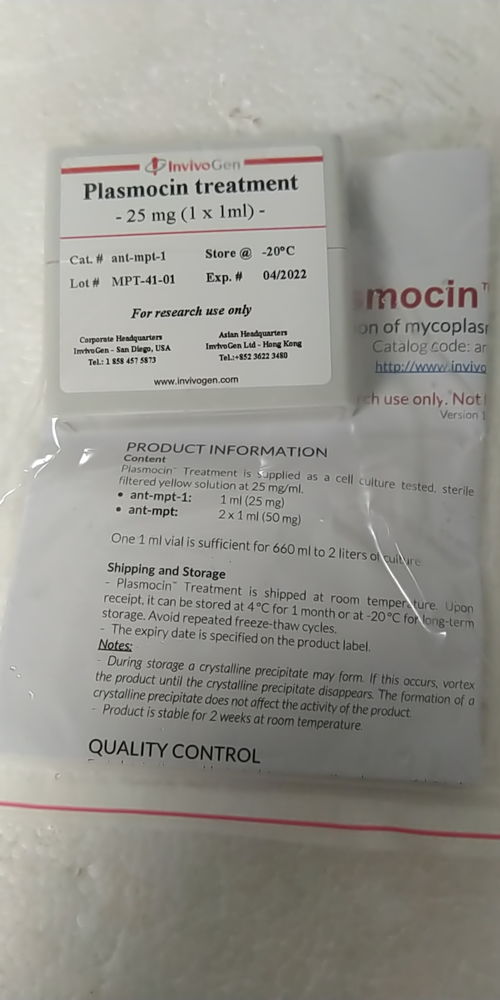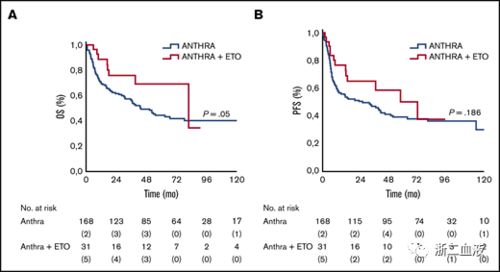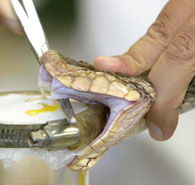
Ant Bite Swelling Treatment: A Comprehensive Guide
Ant bites can be quite pesky, causing discomfort and swelling. If you’ve ever been the victim of an ant’s sharp sting, you know how important it is to treat the bite promptly. In this article, we’ll delve into various treatment options for ant bite swelling, ensuring you’re well-informed and equipped to handle such situations effectively.
Immediate First Aid

When you’re bitten by an ant, the first step is to provide immediate first aid. Here’s what you can do:
-
Wash the bite area with soap and water to remove any venom or debris.
-
Apply a cold compress to reduce swelling and numb the area. You can use a bag of ice wrapped in a cloth or a chilled gel pack.
-
Take an over-the-counter antihistamine, such as diphenhydramine (Benadryl), to alleviate itching and swelling.
Home Remedies for Ant Bite Swelling

While medical treatment may be necessary in some cases, there are several home remedies that can help alleviate ant bite swelling:
-
Tea Tree Oil: Known for its antibacterial and antiseptic properties, tea tree oil can help reduce swelling and prevent infection. Apply a few drops of tea tree oil to the bite area and gently massage it in.
-
Aloe Vera: Aloe vera has soothing properties that can help reduce inflammation and itching. Apply fresh aloe vera gel to the bite area and leave it on for a few minutes before rinsing off.
-
Baking Soda: Baking soda can help neutralize the acid in the ant venom and reduce swelling. Mix a tablespoon of baking soda with a few tablespoons of water to create a paste. Apply the paste to the bite area and leave it on for 10-15 minutes before rinsing off.
-
Apple Cider Vinegar: Apple cider vinegar can help reduce swelling and alleviate itching. Soak a cotton ball in apple cider vinegar and apply it to the bite area for a few minutes.
Medical Treatment for Severe Ant Bite Swelling

In some cases, ant bite swelling may be severe, requiring medical treatment. Here are some options:
-
Antihistamines: Over-the-counter antihistamines, such as diphenhydramine (Benadryl), can help reduce itching and swelling. Follow the dosage instructions on the label.
-
Oral Steroids: In severe cases, your doctor may prescribe oral steroids to reduce inflammation and swelling. Steroids can have side effects, so it’s important to follow your doctor’s instructions carefully.
-
Antibiotics: If the bite becomes infected, your doctor may prescribe antibiotics to treat the infection.
Preventing Future Ant Bites
Prevention is always better than cure. Here are some tips to help you avoid ant bites in the future:
-
Keep your home clean and free of food crumbs and spills, as ants are attracted to food sources.
-
Seal any cracks or crevices where ants might enter your home.
-
Use ant repellents around your home and in outdoor areas where ants are a problem.
-
When outdoors, wear long sleeves and pants to protect your skin from ants.
Table: Comparison of Home Remedies and Medical Treatments
| Home Remedies | Medical Treatments |
|---|---|
| Tea Tree Oil | Antihistamines |
| Aloe Vera | Oral Steroids |
| Baking Soda | Antibiotics |
| Apple Cider Vinegar | None |
Remember, while these home remedies






